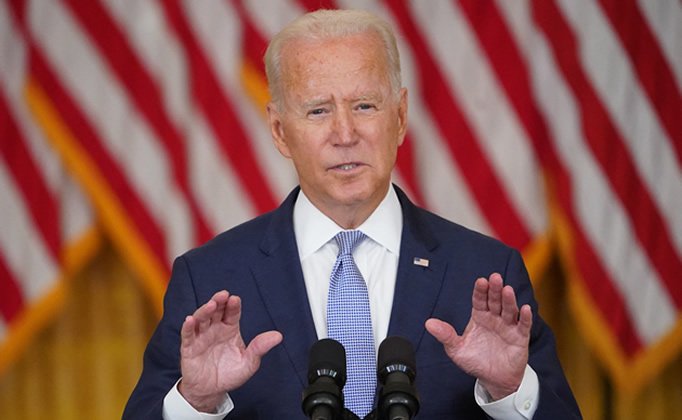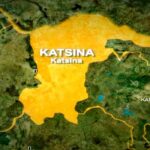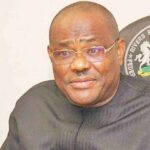
United States President Joe Biden will travel to a town near the Polish-Ukrainian border Friday, trying to signal Western resolve against a Russian invasion that has increasingly turned to a grinding war of attrition.
Air Force One will jet into the eastern Polish town of Rzeszow — bringing the US president less than 80 kilometres (50 miles) from a war-torn nation still struggling to repel a brutal Russian invasion.
The trip is designed to underscore Washington’s willingness to defend NATO allies, as fears rise that the month-old war in Ukraine could spill westward sparking what the US president has called “World War III.”
The Kremlin’s refusal to rule out the use of nuclear weapons and a steady flow of Russian disinformation about chemical and biological weapons in Ukraine has left Kyiv and its allies fearful of an even-more serious conflagration.
Russia is already accused of using phosphorus bombs and indiscriminate shelling of civilian areas — something the United States has branded a war crime.
Against that backdrop, Biden will meet members of the US 82nd Airborne Division, part of NATO’s increasingly muscular deployment to its eastern flank.
At an emergency summit in Brussels on Thursday NATO announced the deployment of further troops to Romania, Hungary, Slovakia and Bulgaria, as well as bolstering chemical and nuclear defences in case Russia expands its attack beyond Ukraine.
In Poland, Biden will also receive a briefing on the dire humanitarian situation in Ukraine, which has seen more than 3.5 million people pour out of the country, mostly to Poland.
The UN believes that more than half of Ukraine’s children have already been driven from their homes, “a grim milestone that could have lasting consequences for generations to come,” according to Unicef chief Catherine Russell.
“Every day it’s 20, 30 times we go to the basement (to shelter),” said a sobbing 37-year-old Vasiliy Kravchuk in the garrison town of Zhytomyr.
“It’s difficult because my wife is pregnant, I have a little son.”
Biden’s trip comes as the West faces urgent questions about what more it will do to help those like Kravchuk withstand the Russian onslaught.
AFP





